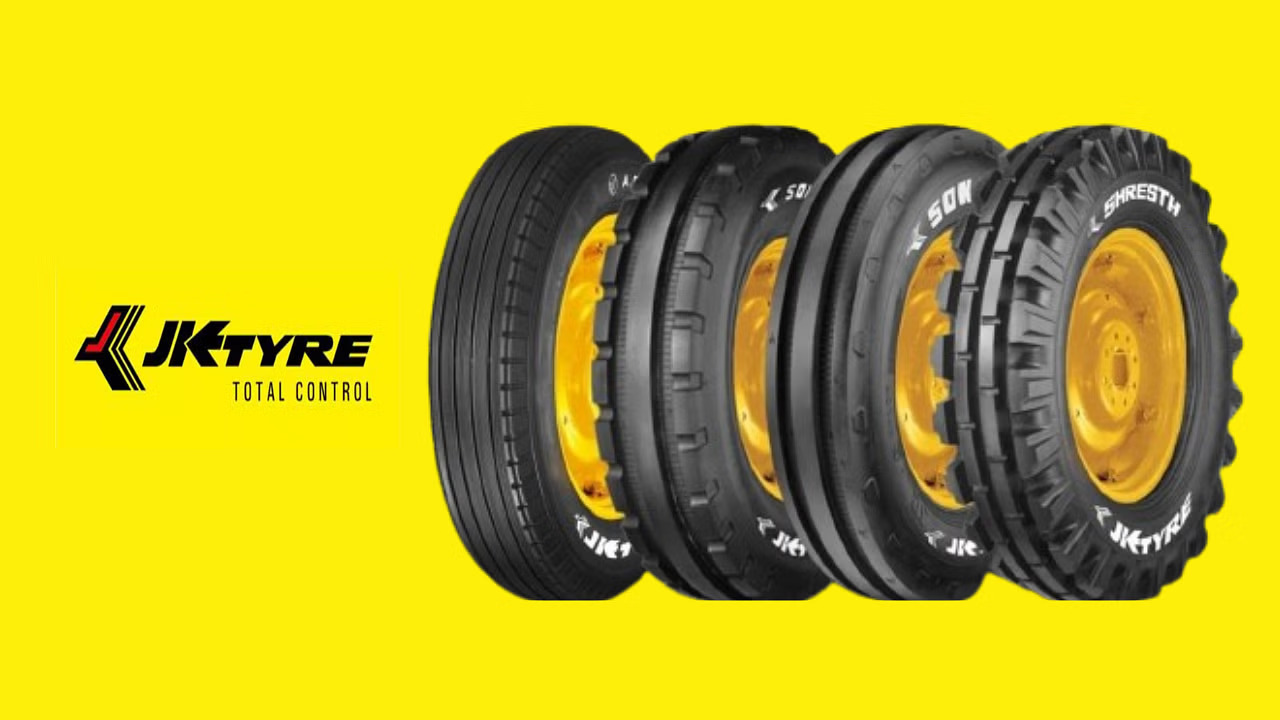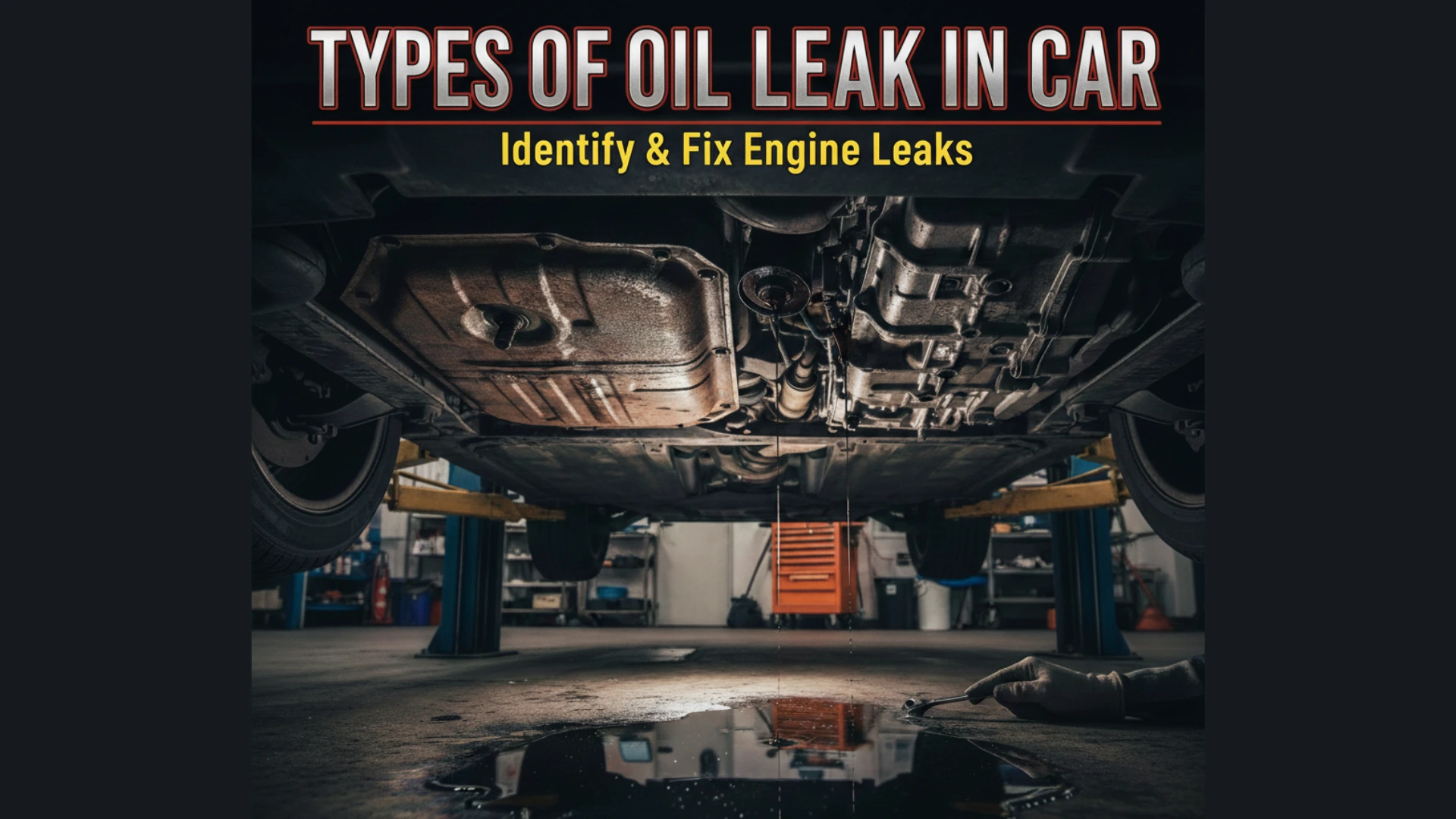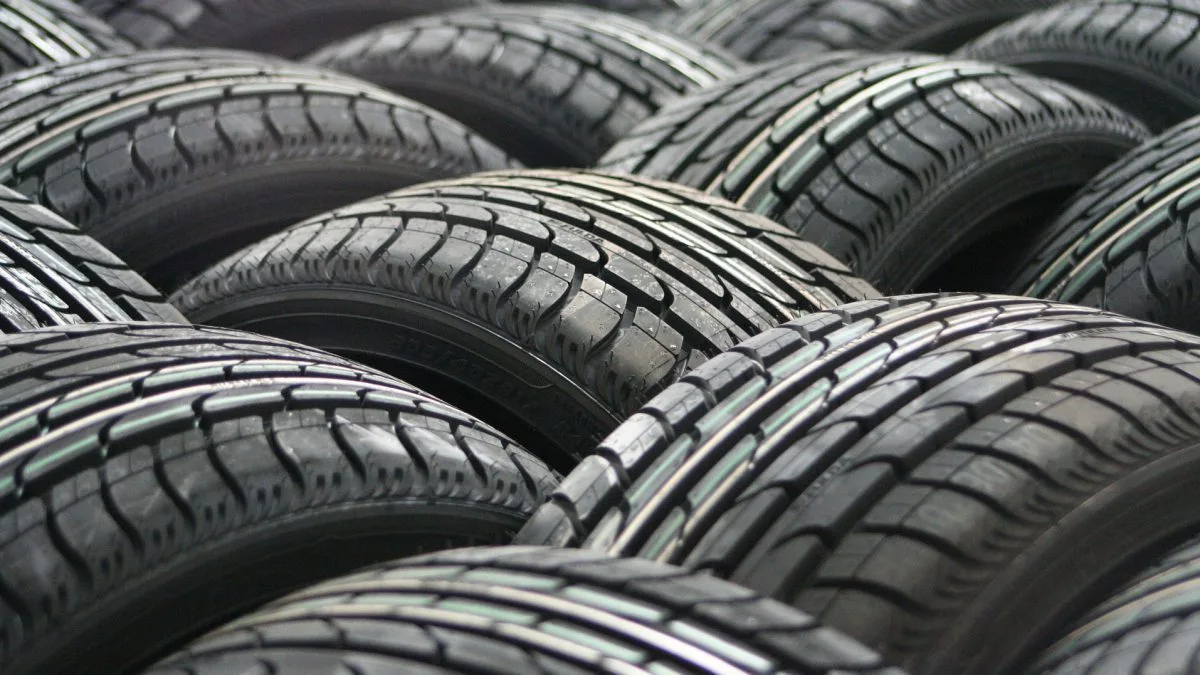
Table of Content
▼New Delhi: With the advancement of technology and targeting expansion of its business, JK Tyre & Industries is working on a two-pronged strategy to add “significant significance” to its overall business. Apart from traditional tyres, the Delhi-based company also runs operational fleet management and vertical mobility businesses.
“In fleet management, from selling tyres as a commodity, it becomes a kind of service for tyre manufacturers. We have partnered with around 1,800 large fleets (100 trucks/buses or more) across India,” said Anuj Kathuria, President, of JK Tyre & Industries in India. He added, “We provide all services and the customer pays the initial cost of the tyre.”
“We also guide them through the process, regarding wheel alignment requirements, wheel balancing, tyre rotation to get the best mileage, and tyre inspection when necessary,” he added, “In this process, we calculate the cost per metric kilometer, so even though they pay upfront, they have a clear idea of how much it costs per kilometer.”

Large fleets are competitive thanks to the GST regime and upfront fees they can offer, compared to some smaller players. This initiative began two decades ago.
“Today we are associated with about 1,300 fleets out of 1,800 in terms of the services we provide. A memorandum of understanding is signed with the fleet operator if you wish to avail the services.”
In the field of fleet management, JK tyre also offers tyres as a service. It has about 250 stops and about 100 truck tyre centers, where its services are available.
Historically, all of these large fleets had their workshops to maintain the vehicles because this model was considered profitable. But with the technology change, truck manufacturers have begun offering six-year warranties or AMC contracts, which can sometimes extend to eight or ten years. Now most fleet owners have closed their workshops and turned to the OEM dealer for vehicle maintenance.
The OEM dealer will not be able to assist you with tyres and related issues. They need a partner for that, and JK fits their needs well. Previously they had their own workshops to maintain everything, including the tyre frame. But today, when vehicle configurations become complex, a lot of science and specialized help are needed.
Regarding this second line of business, Kathuria said: “Mobility business is very labour-intensive. Thanks to our service support, most fleet operators can now easily calculate their cost per kilometer. They are more concerned about the total cost per kilometer and per tyre. That's why, in our mobility solutions business, we sell miles, not tyres. But for some high-profile accounts, this has not yet been scaled.”
The tyre manufacturer seeks to expand this through digitalization to achieve greater efficiency in data management, data mining, and tracking vehicles for maintenance. Started 8 years ago. “It's different from a fleet, in addition to everything we do for the fleet, we don't sell tyres to them. They only pay us per kilometer.
The market leader in the truck and bus radial tyre segment in India, the company is looking to expand capacity primarily for the PCR (Passenger Car Radial) category. This goes hand in hand with growing consumer interest in SUVs in recent years.
Over the next two years, JK Tyre aims to invest Rs 1,400 crore to expand capacity to meet the demand for radial (PCR) tyres for trucks, buses, and passenger cars in India. Of this amount, Rs 1,000 crore will be allocated to PCR.
The tyre maker on Tuesday announced that its consolidated net profit rose by over Rs 227 crore in the October-December quarter of 2023. It reported a net profit of Rs 67 crore in the corresponding quarter last fiscal.
Revenue from operations rose to INR 3,688 crore during the review period, compared to INR 3,613 crore in the same period last year.
JK Tyre has nine manufacturing plants in India: three in Mysore (Karnataka), three in Laksar (Uttarakhand), and one each in Kankroli (Rajasthan), Banmore (Madhya Pradesh) and Chennai (Tamil Nadu). The company also has three factories in Tornel, Mexico.
The company, which calls itself a green tyre manufacturer, aims to reach net zero emissions by 2050.
Also Read: NITI Aayog bats for incentives for LNG-fuelled commercial vehicles
Neha Mehlawat
Neha Mehlawat is an automotive journalist and industry analyst with 10+ years of experience covering cars, bikes, and mobility trends. She tracks the latest launches, technology upgrades, and policy changes in the auto sector, delivering sharp insights that help readers stay ahead in the fast-evolving world of automobiles.

_1772434876.webp)



